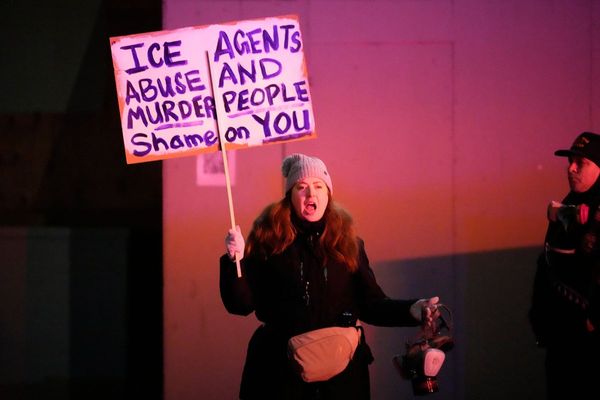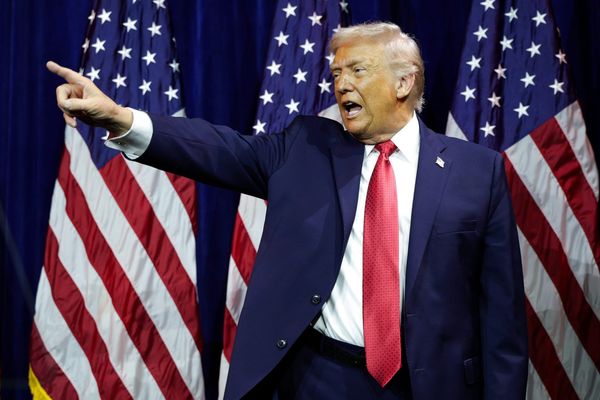
The head of the civil service has said that the scenes of lockdown-breaching revelry and drinking at 10 Downing Street revealed in Sue Gray’s Partygate report were “horrifying”.
Simon Gray confirmed that some officials had resigned from the civil service as a result of the scandal, and said that others were now being subjected to a disciplinary procedure which could have an impact on future promotions.
Speaking to the House of Commons Public Administration Committee, Mr Case said that putting officials like Ms Gray in a position of judging on the behaviour of ministers including Boris Johnson is a “challenge” and should be “avoided whenever possible”.
Ms Gray was put “in a genuinely difficult position” when Mr Johnson chose her to head the Partygate inquiry, he told the cross-party panel.
He said that the post of independent adviser to the prime minister – held by Christopher Geidt until his resignation this month – was created precisely to avoid the “tension” which saw the career civil servant put under intense pressure ahead of the publication of her bombshell report in May.
Mr Case told the Commons Public Administration Committee that no decision has yet been taken by Mr Johnson on whether to replace Lord Geidt with a new adviser on ministerial interests, or to create a different process for investigating alleged ethics breaches in government.
He pointed out that the original terms of reference for the Gray report said that it was for Lord Geidt to determine whether any behaviour uncovered constituted a breach of the ministerial code of conduct. Her report did not include findings on the code, and no subsequent inquiry was launched by the independent adviser.
Giving evidence on propriety and ethics in government, Mr Case appeared distressed as he recalled the misconduct uncovered by Ms Gray’s report.
“Mistakes were made, boundaries weren’t observed, some of the conduct described in Sue Gray’s report would be horrifying in any setting,” he told MPs.
“People have let themselves down, people have apologised. It is difficult.”
He insisted he was not aware of much of the behaviour which came to light in Ms Gray’s report, such as wine being brought into No 10 in a suitcase.
“People didn’t bring this to my attention,” he said. “It’s a matter of deep regret. Some of these things we didn’t know about, and if we had we would have acted on them.”
Mr Case confirmed that he was not personally taking part in the disciplinary process, because his own conduct had formed part of the investigation.
He said that he discussed with colleagues whether he should resign if handed a fixed penalty notice by police, but refused to say what he had decided. In the event, he was not fined.
Committee chair William Wragg said that Ms Gray had been put in an “invidious” position by being asked to investigate someone with power to decide on the future of her career, and demanded to know who had decided the job should go to her.
Mr Case – who had himself initially been given the Partygate job, only to stand down after allegations that he had hosted a lockdown-breaching gathering - responded: “In the end, these are decisions for ministers, and ultimately the prime minister, to take.”
Mr Wragg asked Mr Case how difficult it was for civil servants to conduct investigations into the conduct of the prime minister.
The cabinet secretary replied: “Very difficult and to be avoided whenever possible”.
He added: “The role of the civil service is there to support the government of the day, whilst upholding values. Its function is not to provide some sort of judicial function over ministers.
“The role of independent adviser was actually created in part to deal with that tension.”
And, in an apparent sign of discomfort at the choice of a civil servant to head the inquiry, he told MPs: “When decisions are taken we have to do our utmost to implement these decisions…
“Asking civil servants to do these investigations puts civil servants into a genuinely difficult position.”
Cabinet Office director general of propriety and ethics Darren Tierney told the committee that the department’s permanent secretary Alex Chisholm had asked Ms Gray to remove one individual’s name from her report.
He said that the request was made because of “staff welfare concerns” and that Ms Gray had agreed to remove the name. No other individuals asked to have their identities concealed, he said.







